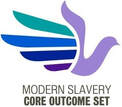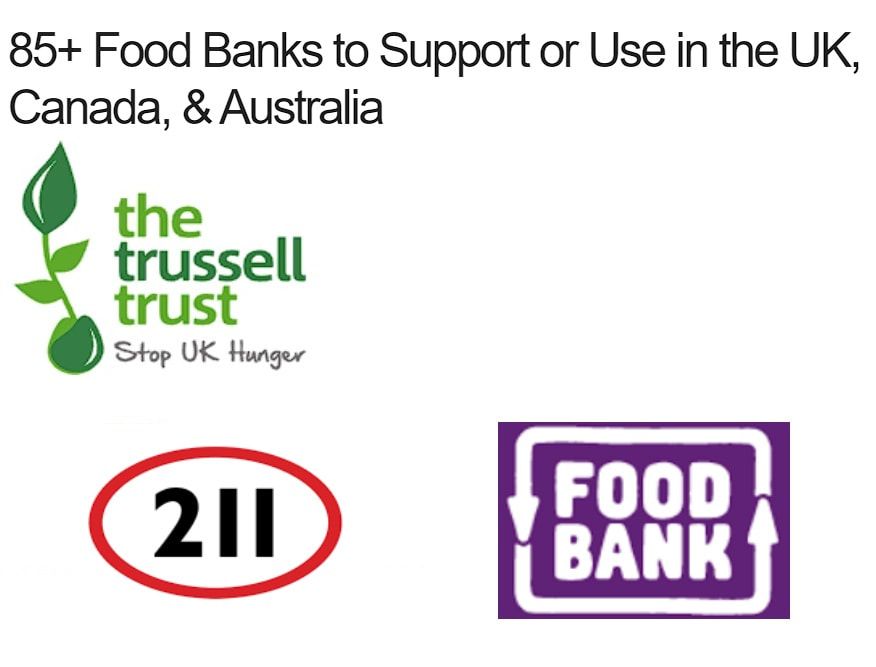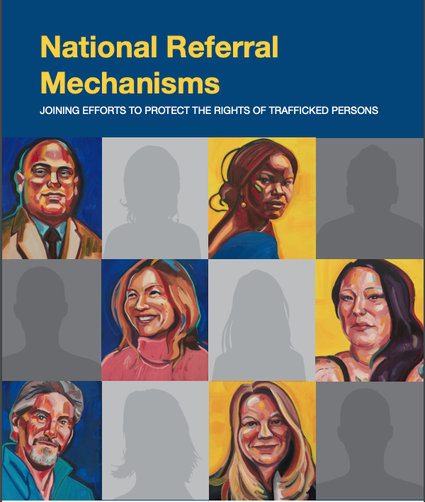"You need a professional person who knows your personal background, a person you can count on, who is there for you when you need them. This helps to keep you safe and believing that you can move forward, because you have support for your life after trafficking. "
"You need a professional person who knows your personal background, a person you can count on, who is there for you when you need them. This helps to keep you safe and believing that you can move forward, because you have support for your life after trafficking. "
|
Peter explains the complex journey towards recovery and healing after trafficking, and how vital it is to have long term and consistent support. |
x
I can work on myself, I can actualise that place where I want to be without having a lot of things, but I need people supporting me throughout the journey. For me it is the acceptance from the society, acceptance from services, acceptance of freedom that I need as a survivor.
I don’t need everything at one go, I just need little steps as I walk through and have people walking through with me and being there for reassurance; just to push or encourage me rather than bringing me down, putting me down and portraying me like I am not anyone, or I’m useless and all of that. If I am not in the best state of mind, of my health, of myself, all these things I’ve been yearning for, become useless, they become nothing.
I can give an example of living with a scar – trafficking is a scar that made me bleed; I can see it and I can feel the pain. but now I am not bleeding. If I see the scar, do I want to go deeper into it or is it for me to find myself, to take myself out of it, which is not easy. It may be a big scar in my day to day life, so it is hard to move forward without touching it. Positivity can only cover what has happened before, it doesn’t mean the scar is not there. It could be opened up again, bleed again. You have to be with it, because it is part of you.
Some days you feel terrible, just want to shout: it is not easy to just forget, the people who made you be where you are, the people who made you lose your personhood, lose yourself – especially if you are without support. Long term support means that whenever you have these hiccups you can do something about it, do something constructive, positive. If a survivor is empowered with support, they will know how to deal with that situation; they will know their worth.
I don’t need everything at one go, I just need little steps as I walk through and have people walking through with me and being there for reassurance; just to push or encourage me rather than bringing me down, putting me down and portraying me like I am not anyone, or I’m useless and all of that. If I am not in the best state of mind, of my health, of myself, all these things I’ve been yearning for, become useless, they become nothing.
I can give an example of living with a scar – trafficking is a scar that made me bleed; I can see it and I can feel the pain. but now I am not bleeding. If I see the scar, do I want to go deeper into it or is it for me to find myself, to take myself out of it, which is not easy. It may be a big scar in my day to day life, so it is hard to move forward without touching it. Positivity can only cover what has happened before, it doesn’t mean the scar is not there. It could be opened up again, bleed again. You have to be with it, because it is part of you.
Some days you feel terrible, just want to shout: it is not easy to just forget, the people who made you be where you are, the people who made you lose your personhood, lose yourself – especially if you are without support. Long term support means that whenever you have these hiccups you can do something about it, do something constructive, positive. If a survivor is empowered with support, they will know how to deal with that situation; they will know their worth.
MSCOS study descriptor: Support services should be advocated for at the right time and available when they are required in accordance with each survivor’s individual circumstances. It is important that survivors can access support that is long-term (e.g., therapeutic care and individual support s specifically tailored to each person’s assessed needs, risks, and circumstances). Assessment of needs and risks should be revisited and updated on a regular basis and services available for as long as is required. A key outcome feature is that support is consistent and it enables survivors to build a trusting relationship with professionals. It is important that support staff have training and pastoral supervision so that they do not suffer professional burnout and can continue to provide the long-term consistent support that is needed.
Relevant Practice Models and Frameworks
for long-term, consistent support
for long-term, consistent support
|
Independent Modern Slavery Advocate The MSCOS Community of Practice is partnered with the Independent Modern Slavery Advocate (IMSA) Model Development, with kind permission of, Hope for Justice, the Snowdrop Project, and the British Red Cross.
The British Red Cross, Hope for Justice and The Snowdrop Project, together with Independent Consultants with Lived Experience of Modern Slavery are developing a framework for the accreditation of Independent Modern Slavery Advocates (IMSA), to establish a model of advocacy that is standardised and can be replicated throughout the UK. x
The IMSA Model is being developed in three stages:
The framework underpinning this best practice IMSA Model is being developed in consultation with frontline staff; the partner organisations; consultants with lived experience and the wider modern slavery sector. Input is being gathered and evaluated through a series of workshops, questionnaires and surveys that will inform the development of the framework. The response and contributions to the proposed model of independent advocacy for adult survivors of modern slavery has been positive and extensive from across all sectors and UK nations. The first draft of the framework will be completed by the Autumn 2023. IMSAs seek to empower survivors to make informed choices about their options and recovery, working with the survivor and their existing support mechanisms to open doors and create opportunities. By providing advocacy that looks at someone’s social needs and legal rights together, IMSAs provide support that is holistic and tailored to the individual, empowering them to overcome barriers and navigate complex systems. The OSCE/ODIHR National Referral Mechanisms Handbook states that “Independent advocates have a central, independent function; however, their role should be accredited or officially recognized by national statutory services, law enforcement and authorities and all other NRM stakeholders.” The IMSA Model Development project has initiated a response to this recommendation and the well documented gap of independent advocacy in the UK’s response to modern slavery survivors. The project aims to achieve a best practice model that is scalable, replicable, and standardised, offering an accredited IMSA role. “I'm overwhelmed and encouraged by the assertive, proactive, and positive response we have received from the wider sector, to support our co-development of a model for IMSA. The input from experts by experience and practitioners in order to help improve standards of care for survivors has been amazing.” Paul McAnulty, UK and Europe Programme Director, Hope for Justice “As the Independent Anti-Slavery Commissioner, a key part of my role is about encouraging good practice. I am pleased to see that following an independent evaluation this new partnership seeks to build on the model for independent advocates created by Hope for Justice, and develop a framework for the accreditation of the role so that it can be introduced more widely across the UK whilst prompting consistent standards in care.” Dame Sara Thornton, (Former) Independent Anti-Slavery Commissioner (May 2019 - April 2022) “Knowing that this project has been done, and it wasn’t just done by professionals alone but it was done in partnership with other survivor leaders, it gives it a more substantial meaning to the community of people with lived experiences.” Independent Consultant with Lived Experience of Modern Slavery |
Salvation Army
The Salvation Army provides specialist support to protect and care for all adult survivors of modern slavery in England and Wales through a government contract which was first awarded in 2011. A new and extended contract came into force in January 2021 through which survivors of modern slavery are now entitled to support at all stages of their recovery. The Salvation Army’s Referral Helpline 0800 808 3733 is available 24 hours a day, seven days a week to anyone who suspects that they, or someone they have come across, might be a victim of modern slavery in need of help. x
“Everyone we support receives access to a wide range of specialist services to meet their individual needs whether that is within a safehouse or through outreach support.” This can include access to:
|
Helpful Resources
|
Food insecurity in the UK, Canada, and Australia is worsening. At the same time, due to rising inflation and shrinking household budgets, much of the support that food banks rely on has been slowing.
Tom Read has created a list of over 85 food banks in the UK, Canada, and Australia to help local organizations meet their areas’ needs. To Access the full list, click on the image to the left or click here. If you’re facing food insecurity in the UK, visit the Trussell Trust website; in Canada call 211 for information about local foodbanks; and in Australia, visit the website for Foodbank Australia, the country’s largest hunger-relief charity. |
|
























